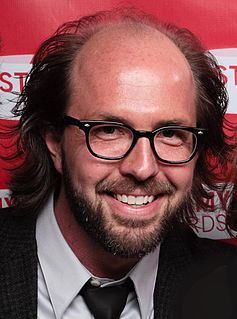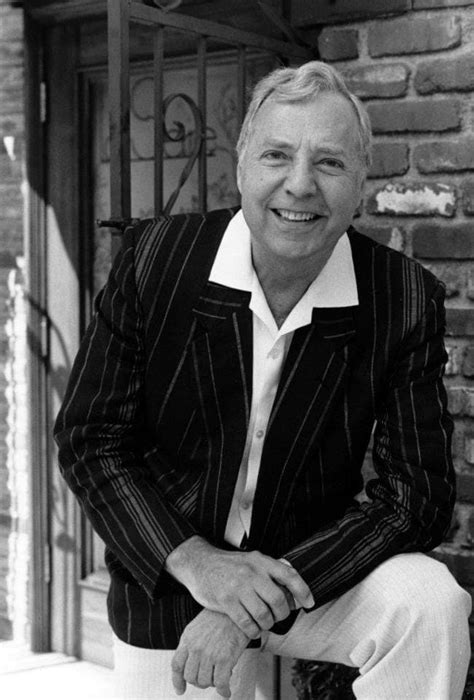A Quote by Isabel Allende
I never try to give a message in my books. It's about living with characters long enough to hear their voices and let them tell me the story. Sometimes I would love to have a happy ending, and it doesn't happen because the character or the story leads me in another direction.
Related Quotes
I don't know if that's the best story for BoJack, long-term. I do love the world, and I love playing around in it and it feels like an elastic enough world that, any story I want to tell, I can tell about these characters in this world. I can talk about parents and children, husbands and wives, the troops, or Hollywood. It does feel like an endless playground at this point, it would be a shame if we cut it off early for fear of repeating the same things over and over again. But I am looking to move the story and character somewhat.
Well, this is a story about books." About books?" About accursed books, about a man who wrote them, about a character who broke out of the pages of anovel so that he could burn it, about a betrayal and a lost friendship. It's a story of love, of hatred, and of the dreams that live in the shadow of the wind." You talk like the jacket blurb of a Victorian novel, Daniel." That's probably because I work in a bookshop and I've seen too many. But this is a true story.
Vera said: 'Why do you feel you have to turn everything into a story?' So I told her why: Because if I tell the story, I control the version. Because if I tell the story, I can make you laugh, and I would rather have you laugh at me than feel sorry for me. Because if I tell the story, it doesn't hurt as much. Because if I tell the story, I can get on with it.
I would say plotting is the most difficult thing for me. Characterization is only hard because sometimes I feel I get so interested in it that I want to talk too much about the characters and that slows the story down. So I say, "Hey, people want to find out what's going to happen next, they don't want to listen to you spout off about this or that person." But I think even the bad guy deserves to tell his side of the story.
It's in the silence that I'm most able to hear the tiny voices that tell me I'm not good enough, smart enough, or cool enough. I try to hear them for what they are: my own creations. Sitting with them, letting them speak, hearing them out, and giving them back the silence that I'm now sitting in has shown me that, quite often, they shut up.
The Work always leaves you with less of a story.
Who would you be without your story?
You never know until you inquire.
There is no story that is you or that leads to you.
Every story leads away from you.
Turn it around; undo it.
You are what exists before all stories.
You are what remains when the story is understood.
What drew me to Batman in the first place was Bruce Wayne's story, and that he's a real character whose story begins in childhood. He's not a fully formed character like James Bond, so what we're doing is following the journey of this guy from a child who goes through this horrible experience of becoming this extraordinary character. That, for me, became a three-part story. And obviously the third part becomes the ending of the guy's story.



































